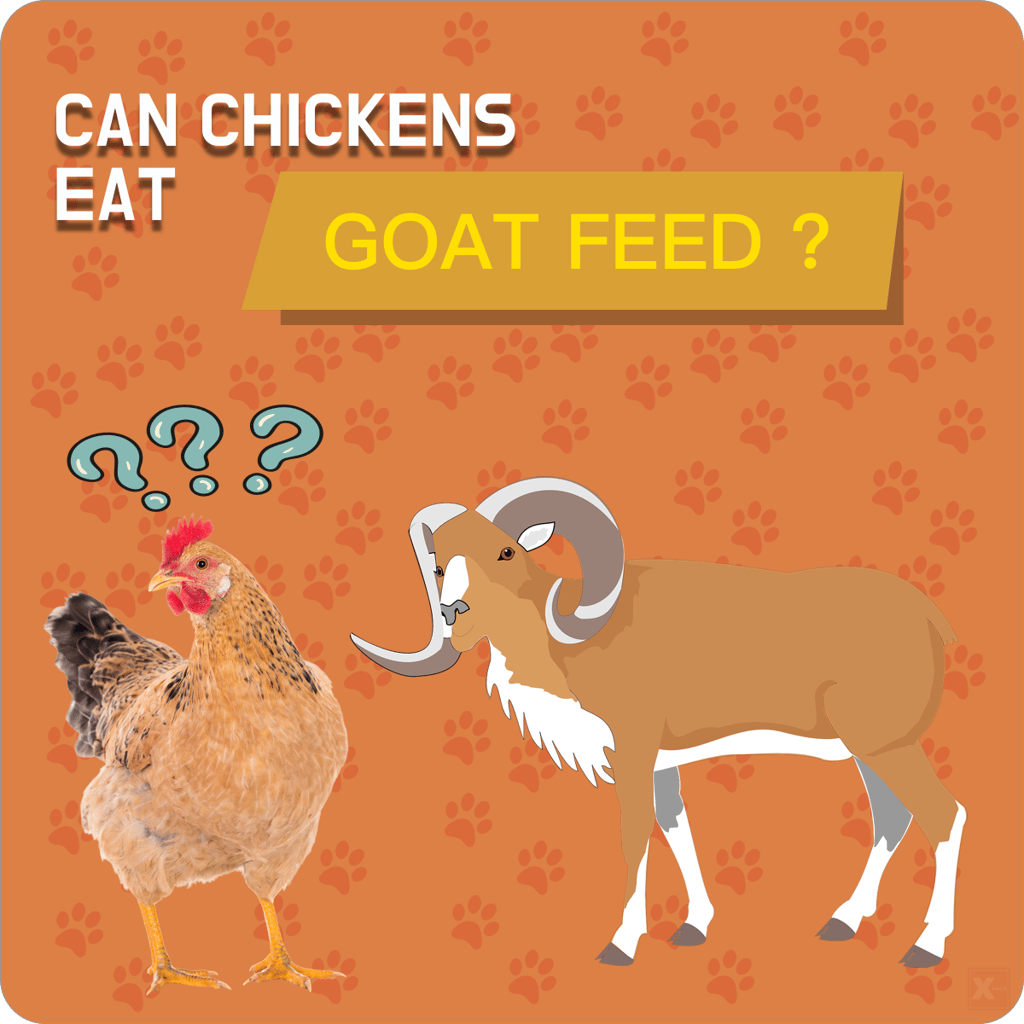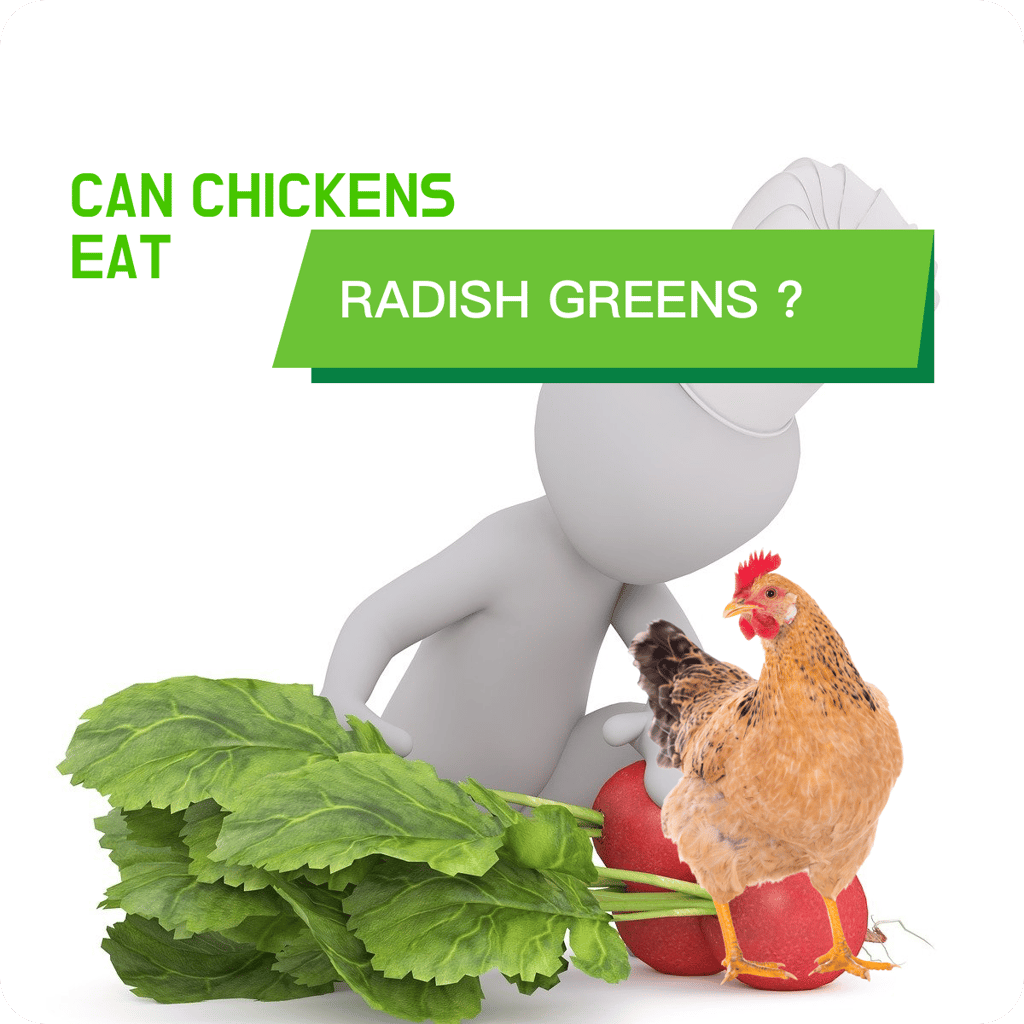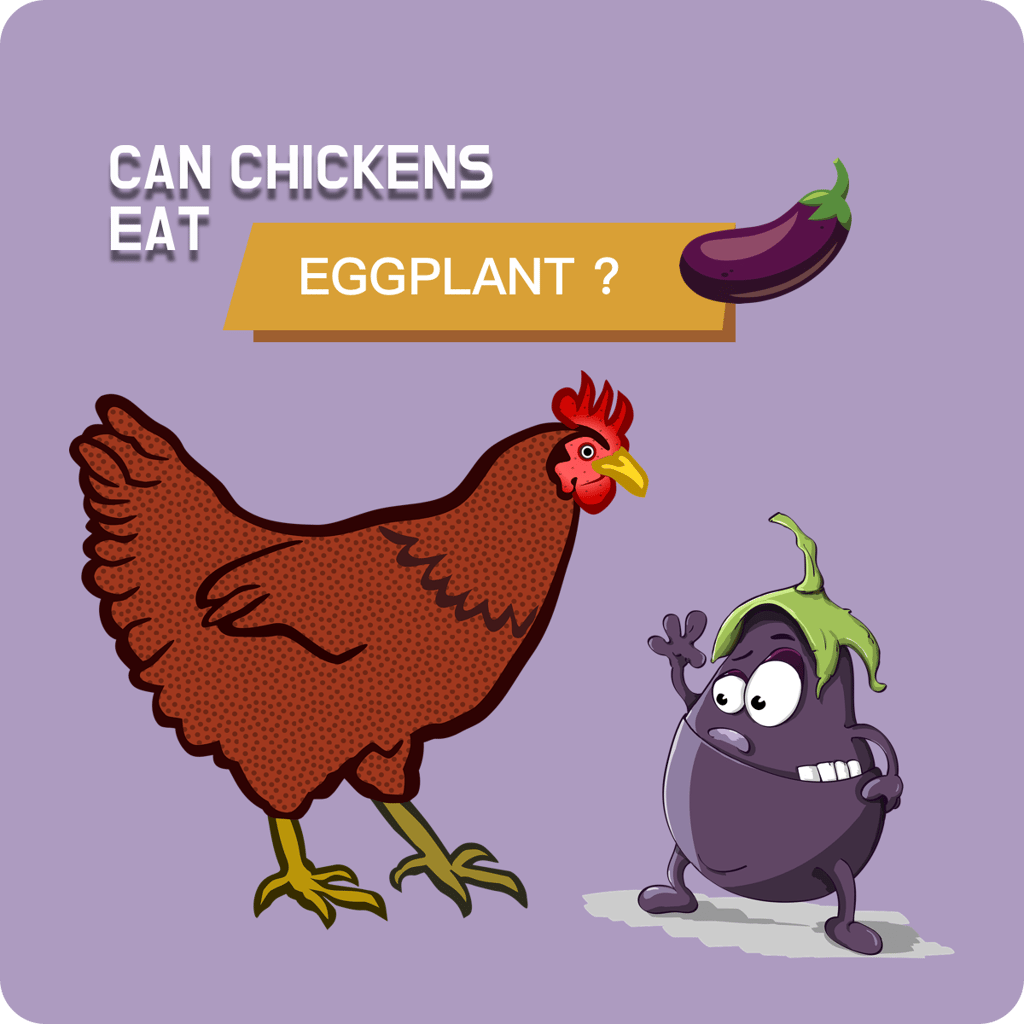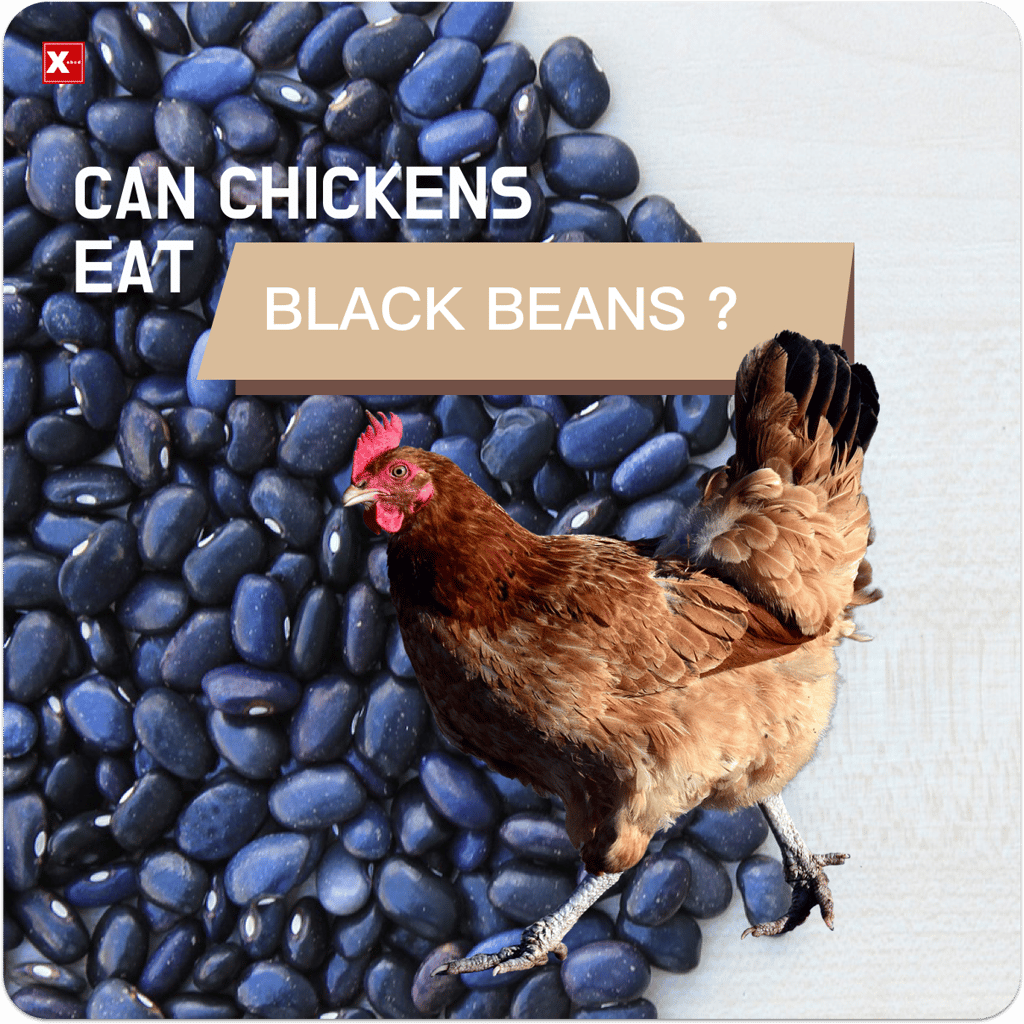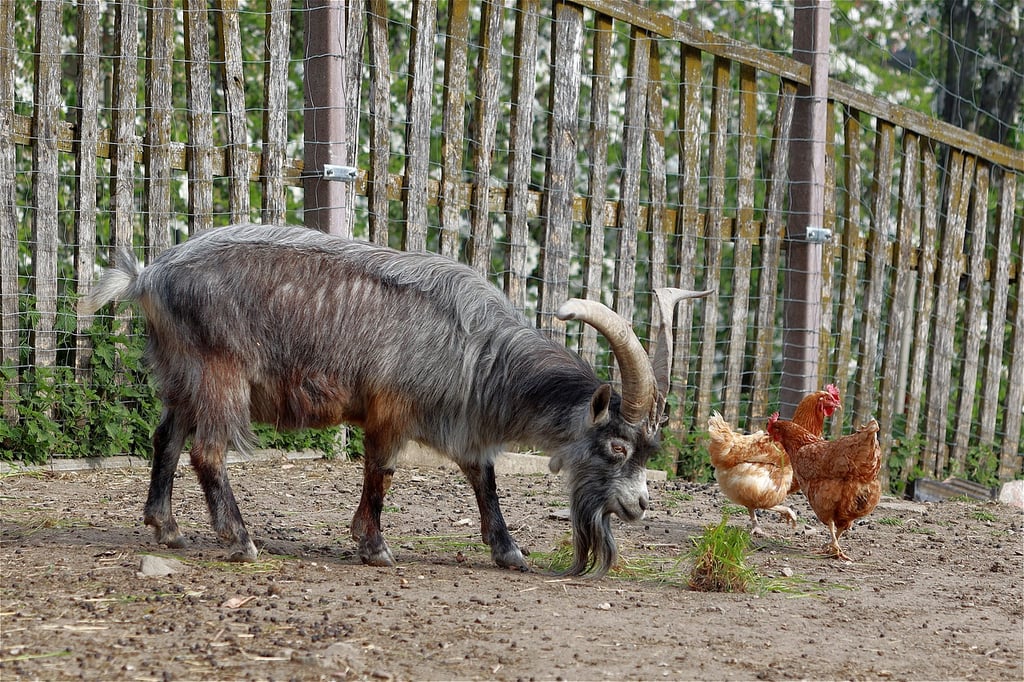
Understanding Goat Feed and Its Composition
Goat feed is a type of food specifically formulated for goats, meeting their nutritional requirements and promoting their overall health. It typically consists of a combination of grains, roughage, protein sources, and essential minerals and vitamins. The composition of goat feed may vary depending on the specific brand or manufacturer, but generally, it contains ingredients like corn, barley, wheat, soybean meal, alfalfa, and various supplements.
When considering whether chickens can eat goat feed, it is important to understand that goats and chickens have different dietary needs. Goats are ruminant animals that require a higher fiber content in their diets, while chickens are non-ruminant animals with different digestive systems. Thus, the composition of goat feed may not provide chickens with the necessary balance of nutrients they require for optimal health.
| Typical Ingredients in Goat Feed | Function |
|---|---|
| Corn | Provides energy |
| Barley | Contributes to digestive health |
| Wheat | Source of energy and protein |
| Soybean Meal | Provides protein |
| Alfalfa | Rich in fiber and essential nutrients |
| Supplements | Additional vitamins and minerals |
It is important to note that while goats can efficiently digest and utilize goat feed, offering such feed to chickens may not be ideal for their overall health and productivity. The nutrient balance and specific needs of chickens differ from those of goats, so solely relying on goat feed may lead to nutritional deficiencies or imbalances in chickens.
Therefore, it is generally recommended to provide chickens with a diet specifically formulated for them, such as commercial chicken feed or a mix of grains, seeds, vegetables, and protein sources appropriate for their needs. This helps ensure that they receive the right nutrients in the right proportions, promoting their growth, egg production, and overall wellbeing.
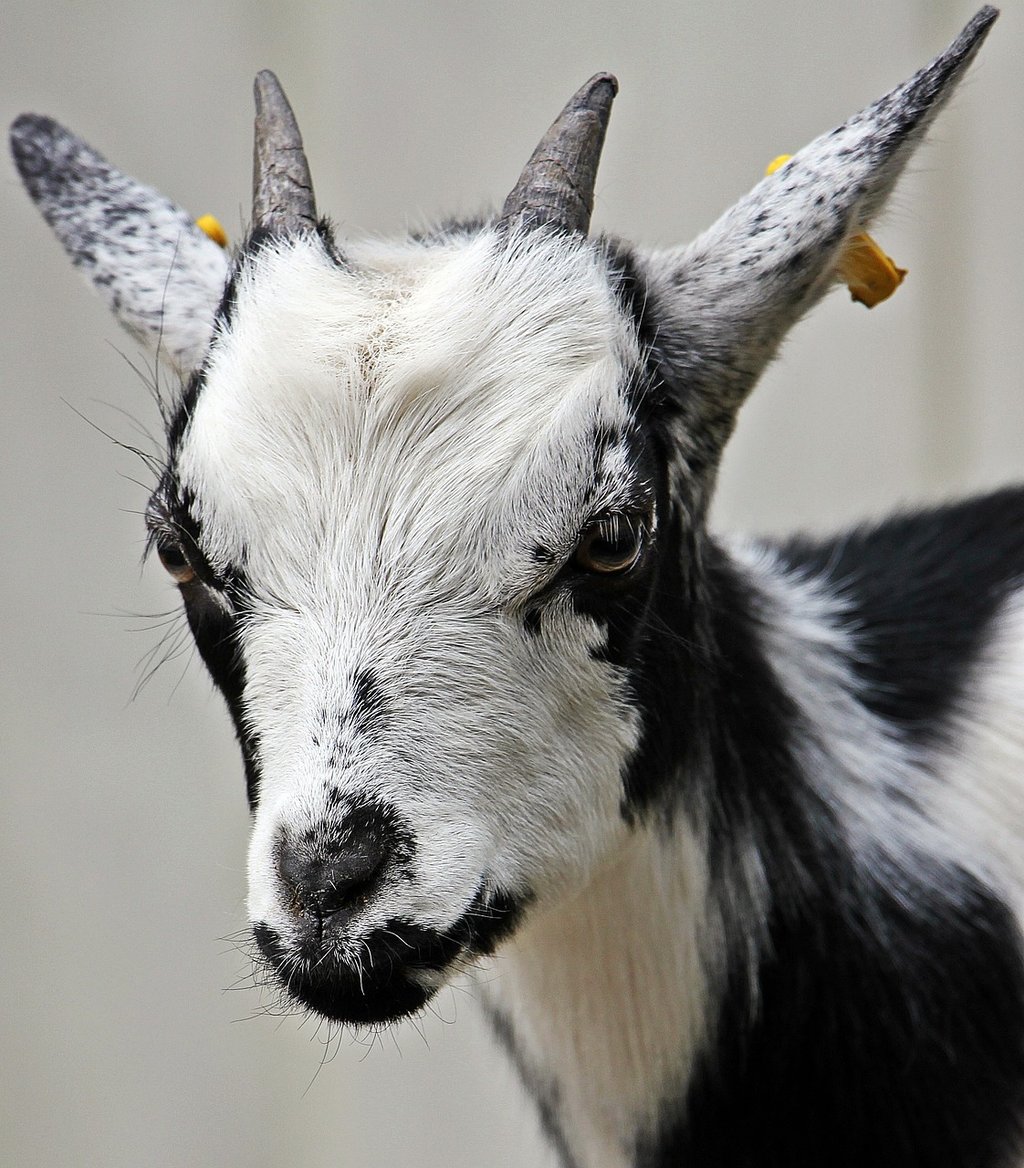
Differences Between Goat Feed and Chicken Feed
In order to understand whether chickens can eat goat feed, it's crucial to examine the differences between goat feed and chicken feed. Both types of feed are formulated to meet the specific nutritional needs of their respective animals. Here are some key distinctions:
| Aspect | Goat Feed | Chicken Feed |
|---|---|---|
| Nutritional Composition | Goat feed typically contains higher levels of fiber, protein, and certain minerals to cater to the dietary requirements of goats. It may also include ingredients like roughage and additives specific to goats. | Chicken feed is specifically formulated to meet the nutritional needs of chickens. It contains the right balance of protein, carbohydrates, fats, vitamins, and minerals required for optimal growth, egg production, or meat development. |
| Ingredient Variations | Goat feed may contain ingredients like grains, forage, and other plant-based materials suitable for goats' digestion. It could also include additional components specific to goats' nutritional needs. | Chicken feed often consists of grains like corn, wheat, and soybeans, along with supplements like vitamins, minerals, and amino acids essential for chickens' well-being. |
| Specific Nutrient Requirements | Goats have different dietary requirements compared to chickens. They need higher levels of roughage, certain minerals like copper, selenium, and different protein sources to support their growth, milk production, and overall health. | Chickens require specific nutrients such as calcium for eggshell formation, adequate protein for muscle development, and a balanced diet for overall health and productivity. |
It's important to note that while goats and chickens have different dietary needs, occasional nibbling or accidental consumption of small amounts of goat feed by chickens may not cause immediate harm. However, it is best to avoid regularly feeding goat feed to chickens, as it may lead to nutritional imbalances, health issues, or decreased egg production.
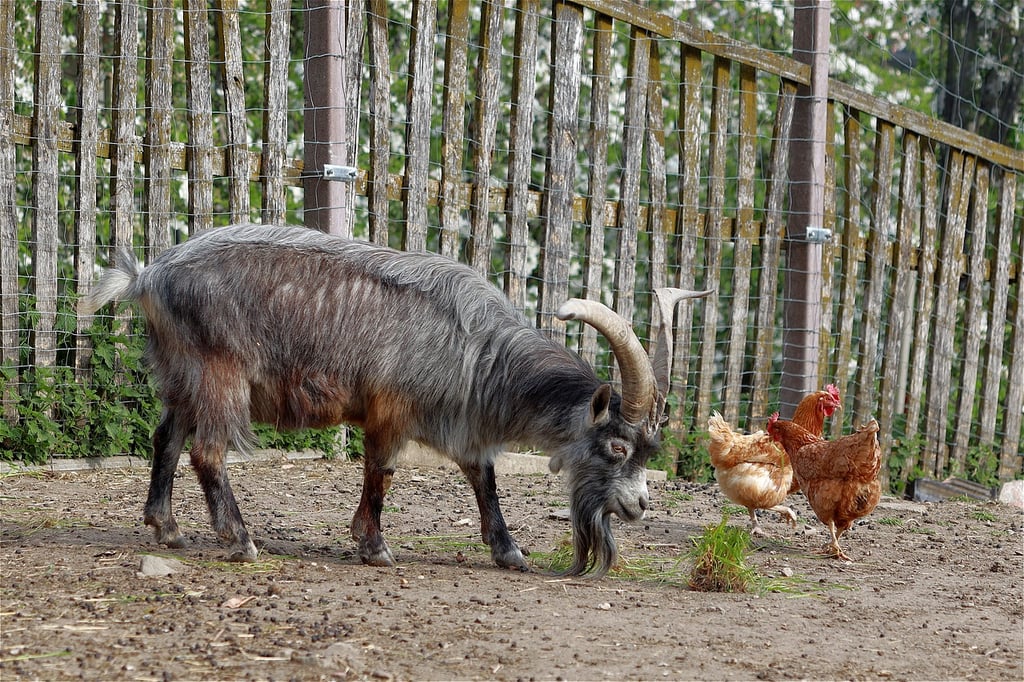
The Potential Risks of Feeding Goat Feed to Chickens
While chickens are known for their ability to eat a wide range of food, it's essential to understand that not all types of feed are suitable for them. Goat feed, specifically formulated for the nutritional needs of goats, may not be ideal for chickens. Feeding chickens with goat feed can pose several risks that every poultry owner should be aware of.
One of the primary concerns with feeding goat feed to chickens is the difference in nutritional composition. Goat feed is formulated to meet the specific dietary requirements of goats, which differ from those of chickens. It typically contains a different balance of proteins, minerals, and vitamins that may not cater to the nutritional needs of chickens.
When chickens consume goat feed, they may not receive an adequate amount of essential nutrients required for their growth and overall health. This can lead to nutritional deficiencies, weakened immune systems, and reduced egg production in laying hens. Additionally, the imbalanced composition of goat feed can disrupt the delicate gut flora of chickens, potentially leading to digestive issues and an increased susceptibility to diseases.
| Potential Risks of Feeding Goat Feed to Chickens: |
|---|
| 1. Nutritional deficiencies due to imbalanced composition |
| 2. Weakened immune systems and increased disease susceptibility |
| 3. Reduced egg production in laying hens |
| 4. Disruption of gut flora leading to digestive issues |
It is crucial to prioritize the specific dietary needs of chickens and provide them with a balanced chicken feed that meets their nutritional requirements. Consult with a poultry nutritionist or veterinarian to identify the most suitable feed for your chickens based on their age, breed, and purpose.
Remember, a well-balanced and nutritionally appropriate diet plays a significant role in keeping chickens healthy, productive, and thriving.
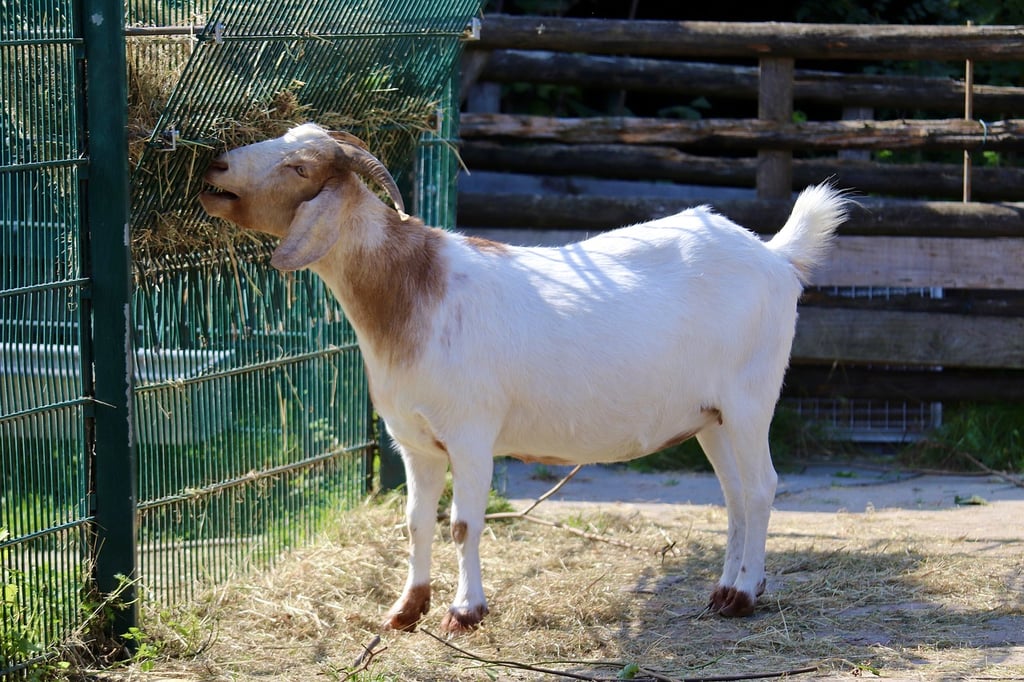
Signs to Watch for If Chickens Consume Goat Feed
If chickens accidentally consume goat feed, it's important to monitor their health and watch for any potential signs of difficulty or adverse reactions. While every chicken may react differently, here are some common signs to watch out for:
| Signs | Description |
|---|---|
| Loss of Appetite | Chickens may show a decreased interest in their regular feed, resulting in reduced food consumption. |
| Digestive Issues | Look for any signs of indigestion, diarrhea, or unusual droppings in your chickens. |
| Abdominal Discomfort | Chickens may exhibit signs of discomfort such as hunching, lethargy, or stretching their wings away from their bodies. |
| Behavior Changes | Watch for any unusual behavior like agitation, restlessness, or increased vocalization in your chickens. |
| Reduced Egg Production | If hens consume goat feed, it might affect their egg-laying capabilities, resulting in reduced or abnormal egg production. |
| Respiratory Problems | Keep an eye out for signs of sneezing, coughing, wheezing, or difficulty breathing in your chickens. |
If you notice any of these signs or suspect that your chickens have consumed goat feed, it's best to consult a veterinarian promptly. They can provide appropriate guidance and help address any health concerns to ensure the well-being of your chickens.
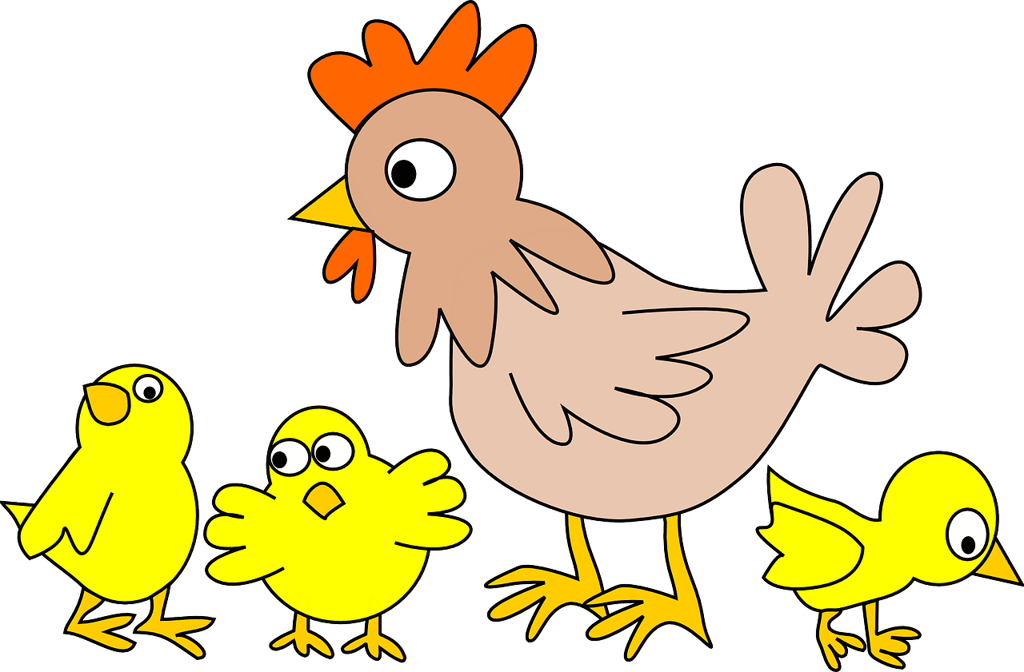
Recommended Diet for Chickens: What Should They Eat?
When it comes to providing a healthy diet for chickens, it's important to consider their nutritional needs. While chickens may exhibit curiosity towards goat feed, it's essential to prioritize their well-being by offering a diet that aligns with their specific requirements.
A well-rounded diet for chickens typically consists of a combination of grains, protein, vitamins, and minerals. Here are some key components that should be included in their diet:
| Food Group | Examples |
|---|---|
| Grains | Corn, wheat, barley |
| Protein | Meat, fish, soybeans |
| Fruits and Vegetables | Apples, carrots, leafy greens |
| Calcium | Crushed oyster shells, eggshells |
It's important to provide a balanced ratio of these food groups to fulfill their nutritional requirements. A combination of commercial chicken feed along with supplemental treats and kitchen scraps can provide a varied and nutritious diet for your chickens.
- Ensure chickens have access to fresh water at all times.
- Monitor their intake and adjust their diet as necessary.
- Avoid feeding them toxic foods such as chocolate, onions, or avocado.
By offering a diverse and balanced diet, you can ensure the health and well-being of your chickens and help them thrive.
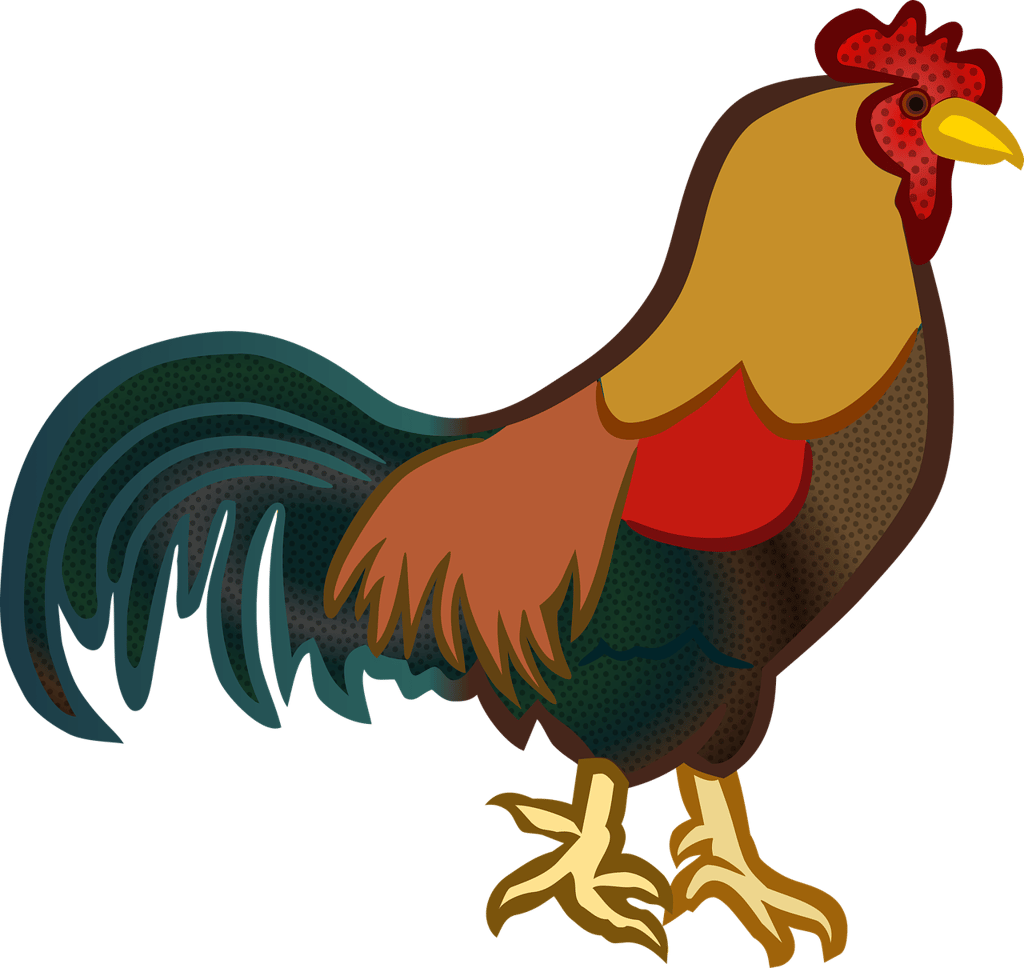
Exploring Feeding Alternatives for Chickens
When it comes to feeding chickens, it's important to provide them with the right nutrition for their growth and well-being. While chicken feed is the primary diet for chickens, it's worth exploring some alternative feeding options to keep their diet varied and balanced. Here are a few alternatives to consider:
| Feeding Alternative | Description |
|---|---|
| Fruits and Vegetables | Chickens can benefit from a variety of fruits and vegetables, such as leafy greens, carrots, berries, and apples. These provide additional nutrients and can be fed as treats or mixed with their regular feed. |
| Grains and Seeds | Offering grains like oats, barley, or seeds such as sunflower seeds can provide chickens with extra protein, vitamins, and minerals. These can be scattered in their coop or mixed into their feed. |
| Insects and Bugs | Chickens are natural foragers and enjoy hunting insects and bugs. You can allow them to free-range in your garden or provide them with dried mealworms, crickets, or black soldier fly larvae as a protein-rich snack. |
| Herbs and Greens | Growing herbs like parsley, oregano, or basil in their coop can offer chickens fresh greens to peck at. These herbs also have additional health benefits and can enhance the flavor of eggs. |
Remember, when introducing new foods or feeding alternatives to chickens, it's important to do so gradually and observe their response. Some chickens may be more selective than others, so offering a variety of options can help meet their nutritional needs.
Faqs
-
Can chickens eat goat feed as a substitute for chicken feed?
While chickens can occasionally consume small amounts of goat feed without major issues, it is not recommended to use it as a substitute for their regular chicken feed. Goat feed is formulated specifically for the dietary needs of goats and may not provide the necessary nutrients required for chickens to thrive.
-
What are the potential risks of feeding goat feed to chickens?
One of the main risks of feeding goat feed to chickens is an imbalance in their nutritional intake. Goat feed may contain ingredients or nutrients in quantities that are not suitable for chickens, leading to health issues or poor growth. Additionally, some goat feeds may contain medications or additives that are safe for goats but harmful to chickens.
-
Is it harmful if chickens accidentally consume small amounts of goat feed?
If chickens accidentally consume small amounts of goat feed occasionally, it is unlikely to cause harm. However, it's important to monitor their intake and ensure that it remains minimal. If chickens regularly have access to goat feed or consume large amounts, it can negatively impact their overall health and wellbeing.

